-
Passionflower Plants For Sale
Passiflora incarnata
Whether you're a seasoned gardener or new to cultivating herbs, our passionflower plants for sale will surely bring beauty to your garden. As one of the most versatile and fascinating plants you can grow, it is perfect for those who appreciate vibrant blooms, unique qualities and natural remedies.
What is the Passionflower Plant?
The passionflower plant, scientifically known as Passiflora incarnata, is a climbing vine with intricate, striking flowers ranging from soft white to deep purple. Native to the southeastern United States, this plant has gained popularity due to its visual appeal, historical significance and medicinal properties. Sometimes referred to as the "passion bee flower" for its ability to attract pollinators, this hardy plant is also favored for its benefits in promoting relaxation.
Benefits and Uses of Passionflower
If you're looking for Passiflora incarnata for sale, you'll be pleased to know that this plant offers more than just visual appeal. Its delicate flowers and tendrils are an excellent choice for ornamental purposes, adding texture and color to any garden or landscape. However, its uses extend far beyond its aesthetic qualities.
Passionflower is highly valued for its potential health benefits. Many people use extracts from the plant's leaves, stems and flowers as a natural remedy for various conditions. Some of the most common uses of passionflower include:
-
Anxiety and Stress Relief: The compounds found in passionflower are believed to have calming effects, helping to reduce symptoms of anxiety and stress.
-
Sleep Aid: Passionflower is a common herbal treatment for insomnia and sleep disorders. It is often found in teas and supplements designed to promote restful sleep.
-
Pain and Inflammation: Traditional uses of passionflower include treating pain and inflammation, particularly related to digestive issues and muscle tension.
-
Menopausal Symptoms: Some studies suggest that passionflower may help ease symptoms related to menopause, such as hot flashes and mood swings.
Because of these versatile benefits, many customers are eager to find passionflowers for sale from a trusted source like Grower's Exchange. Whether you plan to use the plant for its ornamental beauty or medicinal qualities, our passionflower plants will meet your needs.
Growing and Maintaining Passionflower Plants
You're not just getting a plant when you purchase Passiflora incarnata for sale from Grower's Exchange. You're bringing a low-maintenance yet vibrant addition to your garden that will reward you for years. Here's what you need to know about growing passionflower:
-
Sunlight: Passionflower thrives in full sun but can tolerate partial shade. For optimal growth and flowering, aim for a location that receives at least 6 hours of direct sunlight daily.
-
Soil: Passionflowers require well-draining soil. While the plant can grow in various soil types, it prefers slightly acidic to neutral pH levels. Adding organic matter helps improve soil quality.
-
Watering: Passionflower needs regular watering, especially during the growing season. However, make sure not to overwater, as it can lead to root rot. Water when the top inch of soil feels dry to the touch.
-
Temperature and Hardiness: The passion bee flower is a perennial in USDA zones six to 10, meaning it can survive winter in these areas and return year after year. In colder climates, it can be grown as an annual or in containers that can be moved indoors during winter.
-
Support for Climbing: As a vine, passionflower needs support to climb. Installing a trellis, fence or other structure nearby will allow the plant to spread and grow upward, showcasing its stunning flowers.
-
Fertilization: Passionflower does well with minimal fertilization. However, you can give your plant a boost by using a balanced fertilizer once or twice during the growing season to encourage healthy growth and abundant blooms.
-
Pruning: Regular pruning helps manage the plant's size and encourages more prolific blooming. Prune your passionflower in late winter or early spring before new growth starts.
-
Pests and Diseases: Passionflower is relatively resistant to pests and diseases but may attract aphids or spider mites. If infestations occur, use organic pest control methods such as neem oil to manage them.
When you search for passionflower plants for sale, Grower's Exchange ensures you'll receive a healthy, well-established plant ready to thrive in your garden.
Why Buy From Grower's Exchange?
At Grower's Exchange, we specialize in cultivating and delivering high-quality plants directly to your door. Our passionflower plants are grown carefully, ensuring each one is vibrant, healthy and ready to flourish. Whether you're buying a passionflower plant for its beauty and health benefits or as a pollinator-friendly addition to your garden, we have the expertise and selection you need.
We understand that finding the perfect passionflower for sale is essential. That's why we offer detailed care instructions and personalized customer service to help you confidently grow your passionflower plant.
Order Your Passionflower Plant Today!
If you're ready to add a stunning and versatile plant to your garden, browse our selection of passionflower plants for sale at Grower's Exchange.
-
-
Passiflora incarnata
Characteristics: This plant is attractive to bees, butterflies and/or birds. The flowers are quite fragrant.
Light: Sun to partial shadeWater: Average water needs. Water regularly; do not over waterSoil: pH requirements: 5.6 to 6.0 (acidic) 6.1 to 6.5 (mildly acidic) 6.6 to 7.5 (neutral) 7.6 to 7.8 (mildly alkaline)

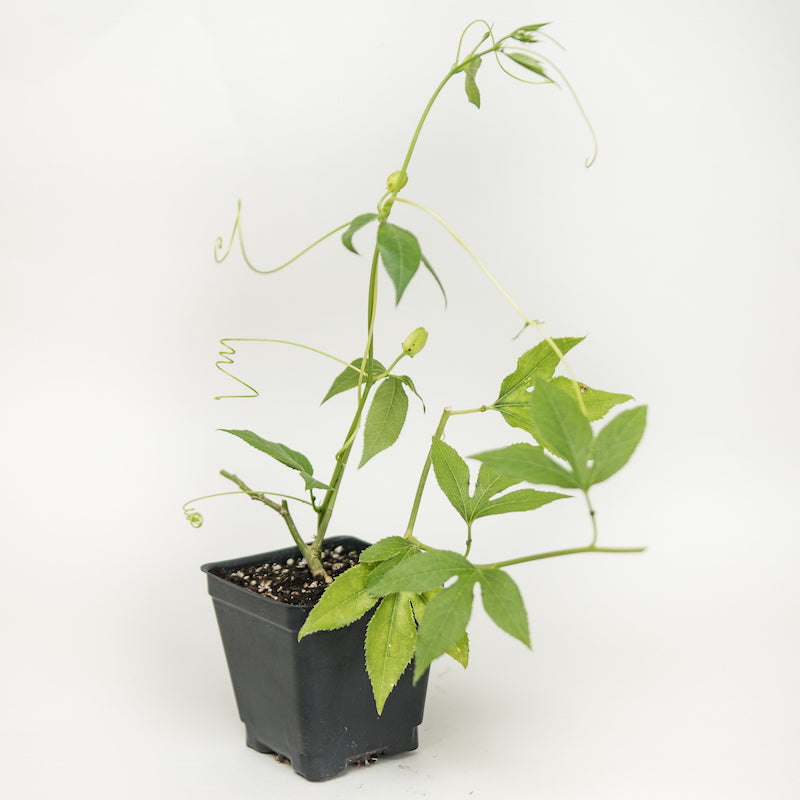
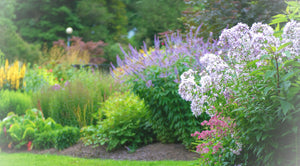
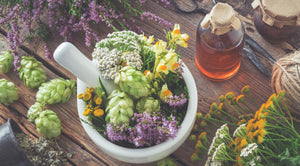

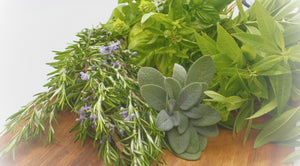
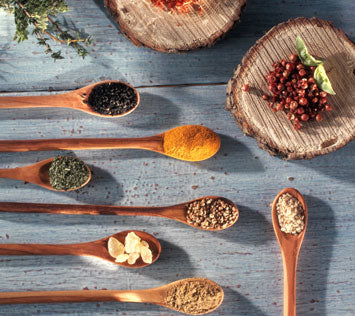


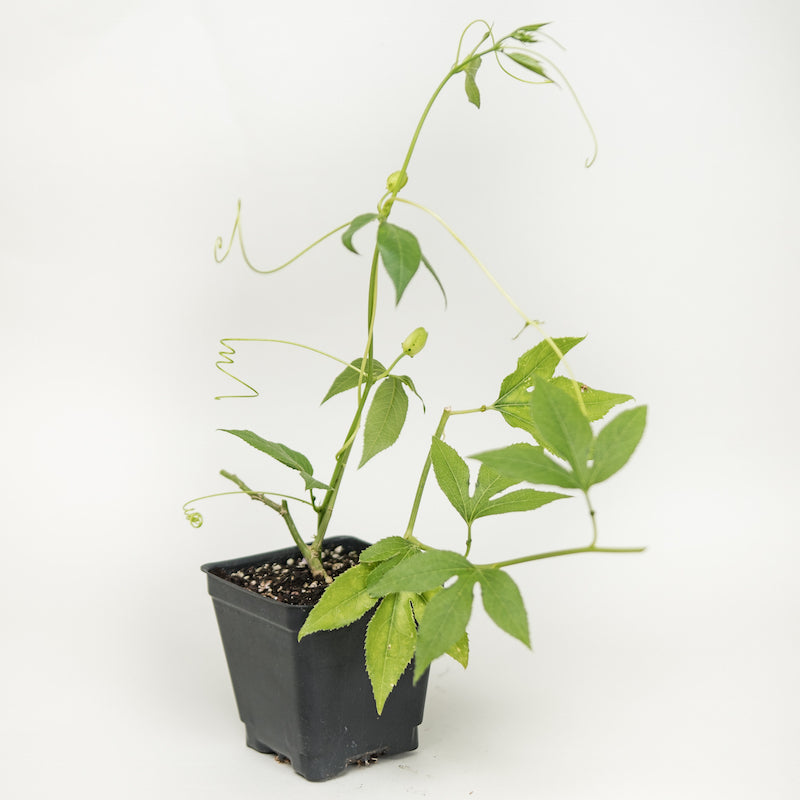



 Medicinal
Medicinal
 Native
Native